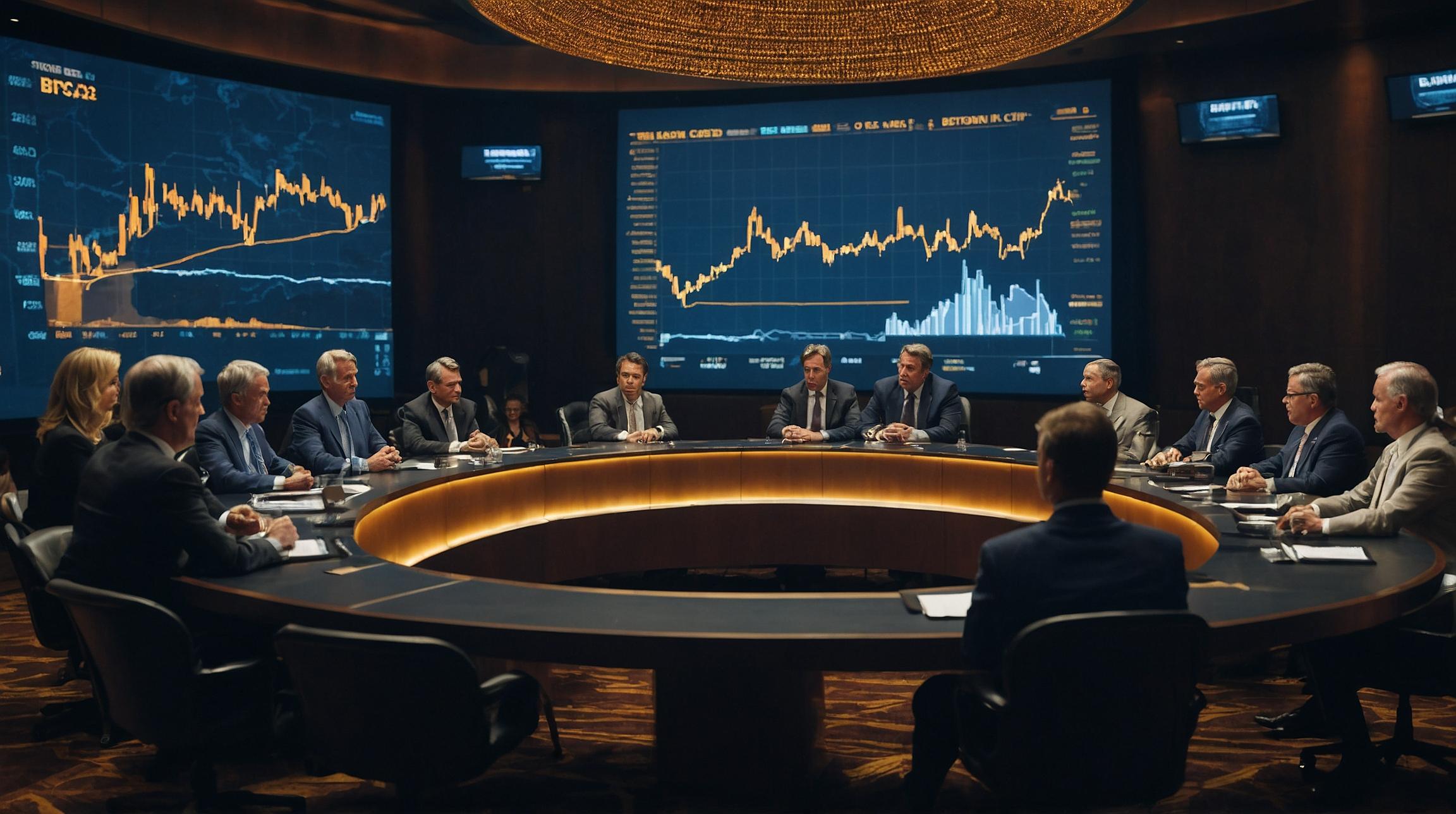US Government's Potential Influence on Bitcoin Markets
Macro guru Raoul Pal has raised alarms about the potential implications of the US government's plan to accumulate a massive amount of Bitcoin (BTC). The discussion gains momentum following recent statements from politicians like Robert F. Kennedy Jr. and Senator Cynthia Lummis suggesting a strategic governmental BTC reserve.
The Proposal for a Bitcoin Reserve
At the Bitcoin2024 Conference, Robert F. Kennedy Jr., an independent presidential candidate, proposed that his administration would stockpile four million Bitcoin as a strategic reserve asset if elected. Additionally, Senator Cynthia Lummis introduced a bill aiming for the US government to accumulate one million Bitcoin, which would represent 5% of BTC’s total supply within five years.
Concerns Raised by Raoul Pal
Raoul Pal, a former Goldman Sachs executive, voiced his concerns about these governmental moves. His apprehension stems from the potential for the government to wield significant influence over the cryptocurrency markets due to its extensive holdings. Pal emphasized the contradiction inherent in a government, traditionally seen as a centralized authority, becoming one of the largest holders of a decentralized currency designed to bypass governmental control.
He stated, "If the government can manipulate it, they could dump it onto the market, buy more, and potentially use it to control the market similar to how they manage interest rates in regular money, which is contrary to the decentralized nature of Bitcoin."
Implications for the Cryptocurrency Ecosystem
While the idea of a government purchasing Bitcoin could initially be seen as a bullish signal due to increased demand, Pal's warning highlights a potential risk: the likelihood of market manipulation. Such actions could undermine the foundational principles of blockchain technology and decentralized finance (DeFi), which aim to minimize centralized control.
Understanding Decentralization
Decentralization is a core principle of blockchain technology and cryptocurrencies like Bitcoin. It refers to a system where control is distributed rather than centralized. For instance, unlike traditional currencies issued and regulated by a central bank, Bitcoin is managed by a network of computers around the world, making it less susceptible to a single point of failure or control.
Current Market Dynamics
As of the latest data, Bitcoin's price is hovering around $58,464. While it remains a significant player in digital assets, any substantial governmental involvement could introduce unprecedented volatility.
Conclusion
As the US government considers entering the cryptocurrency arena as a major player, it raises both opportunities and challenges for the future of Bitcoin. The potential for market manipulation contrasts sharply with the ethos of decentralization, prompting a need for ongoing discussion and careful policy consideration.
Sources:
- The Daily Hodl
- Presentations from the Bitcoin2024 Conference
- Interviews with Raoul Pal and Anthony Scaramucci
Note: This article is meant for informational purposes and should not be considered financial advice.













